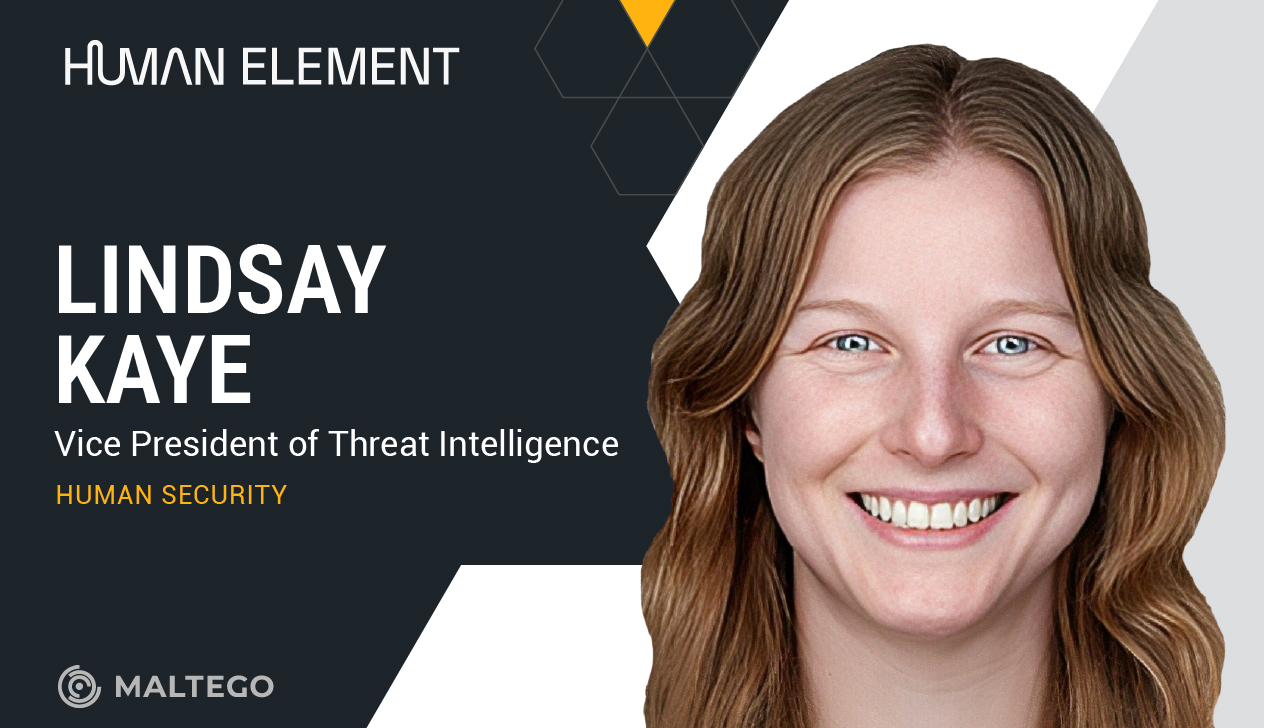12 August 2025
EPISODE #8DomainTools’ Daniel Schwalbe on Navigating Leadership Transitions
The Story This time
Most security organizations promote their best technical performers into leadership roles without any formal training, creating a pipeline of struggling managers who burn out trying to stay hands-on while scaling teams. Daniel Schwalbe, CISO & Head of Investigations, DomainTools, demonstrates why structured leadership development matters more than technical expertise when building security organizations that can handle both complex threats and human dynamics. Daniel tells Ben why security leadership demands different trust-building approaches, including creating “cone of silence” environments where teams can process high-stress investigations while maintaining strict operational security. He shares practical strategies for identifying natural leaders, implementing formal development programs, and building professional networks that provide career-long value in an industry where knowing the right people can determine success during critical incidents.
Stories We’re Telling Today
- The gap between technical expertise and leadership capability in security organizations, and the need forstructured approaches to development rather than hoping contributors figure it out.
- Trust-building frameworks for security teams who handle sensitive investigations, including “doors closed” policies for processing stress while maintaining discretion.
- Remote security team management strategies that account for the unique challenges of professionals working from home with access to confidential data and ongoing investigations.
- Professional networking as a core security competency, with specific approaches to building relationships that provide career-long value and crisis response capabilities.
- Leadership transition challenges when moving from hands-on technical roles to executive positions, including delegation strategies.
- Building effective interview processes for remote security positions, including screening for team fit and remote work capability while controlling for sophisticated infiltration attempts.
Too busy; didn’t listen:
- Security organizations consistently promote technical experts into leadership roles without formal training, creating management problems that could be solved with structured development programs similar to government service models.
- Building trust in security teams requires different approaches than other departments because team members have access to sensitive data and investigations, demanding “cone of silence” environments for processing stress.
- Professional networking remains the most undervalued skill in security, with career-long implications for crisis response capabilities and advancement opportunities that many junior professionals miss.
- Remote security team management presents unique challenges when professionals work from home with access to confidential information, requiring specific cultural adaptations and trust-building frameworks.
- The transition from hands-on technical work to executive leadership represents the defining challenge for security professionals, requiring identity shifts and delegation skills that most organizations don’t teach.
Skip to the Highlight of the Episode
24:55 - 25:19 “You can’t have somebody go on social media and be like, ‘Oh, the thing that we found today!’ So when we were still in person in an office, I instituted a rule: when the doors are closed in the office suite, you can say almost anything you want. And if there is a frustrating entity you’re dealing with, fine, vent in this closed space. But nothing leaves that area.”
Speaker

CISO & Head of Investigations
DomainTools
Daniel Schwalbe brings a unique perspective as both a technical practitioner and executive leader. His career spans Army service, university security operations protecting half a million devices, and now leading investigations at Domain Tools.

Host

CTO
Maltego
Listen to more podcast episodes
Want to share your story next? Join Human
Element as our next guest!


